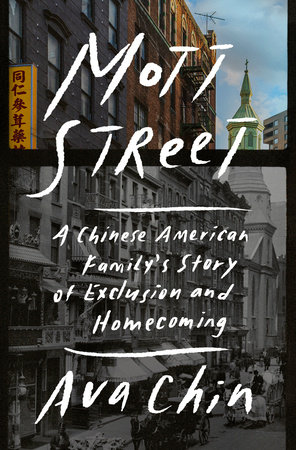
Written by Stephen Hong Sohn
Edited by Corinna Cape
*reviewer’s note: In my aim to cover as much ground and texts as I can, I’m focusing on shorter lightning reviews that get to the gist of my reading experience! As Asian American literature has boomed, my time to read this exponentially growing archive has only diminished. I will do my best, as always!
In this lightning review, I am here to cover Victoria Chang’s brilliantly crafted Dear Memory (Milkweed, 2021). Let’s let Milkweed’s official marketing description gives us some more key information: “For Victoria Chang, memory ‘isn’t something that blooms, but something that bleeds internally.’ It is willed, summoned, and dragged to the surface. The remembrances in this collection of letters are founded in the fragments of stories her mother shared reluctantly, and the silences of her father, who first would not and then could not share more. They are whittled and sculpted from an archive of family relics: a marriage license, a letter, a visa petition, a photograph. And, just as often, they are built on the questions that can no longer be answered. Dear Memory is not a transcription but a process of simultaneously shaping and being shaped, knowing that when a writer dips their pen into history, what emerges is poetry. In carefully crafted collages and missives on trauma, loss, and Americanness, Victoria Chang grasps on to a sense of self that grief threatens to dissipate. In letters to family, past teachers, and fellow poets, as the imagination, Dear Memory offers a model for what it looks like to find ourselves in our histories.”
I absolutely adored this particular work. It’s really a kind of poetry work in epistolary form. Chang is the author of a number of other poetry collections, and her signature lyric style is apparent here, even in the prose narratives that populate Dear Memory. At first, the epistolary poems seem more directed to immediate family members, but Dear Memory certainly branches out, as the infinite ways in which we grieve are made apparent. The archival traces of Chang’s family are all over this book, but Chang makes us realize how finite our access to the past can be, and that we never fully know our family members. The design quality of this work is impressive: the images are scanned at very high resolution, which are important because many of the archival documents that Chang includes are government files, including things like passports, social security cards, and marriage licenses. You can see the ravages of time upon so many of these items, but some crucial information is retained, to give the lyric speaker a sense of the past, however partial. A work full of melancholy but also of possibility. We see those sites of connection and constitution through and by the networks the lyric speaker creates with other poets and writers, teachers and keen listeners. A profound work that inhabits the fecund, yet disorienting space of loss.
Buy the Book Here
